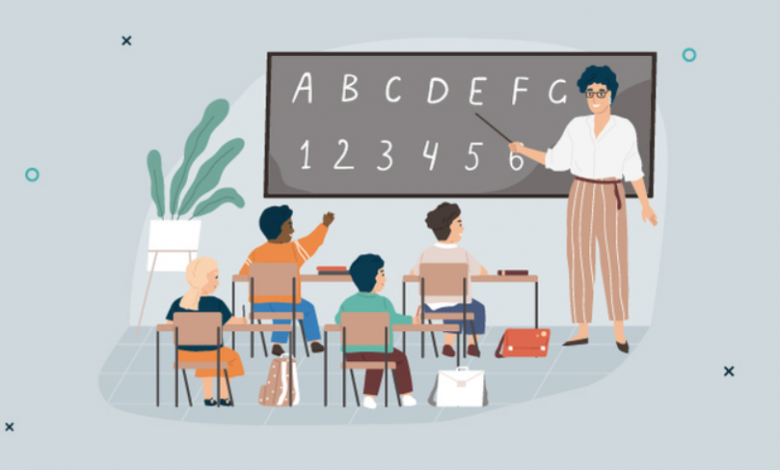
Học các tác gia tiêu biểu của nền văn học hiện đại Việt Nam giúp ta:
1. **Hiểu biết về văn hóa**: Nắm bắt được các giá trị văn hóa, lịch sử và xã hội của Việt Nam qua từng giai đoạn.
2. **Phát triển tư duy phê phán**: Đọc và phân tích các tác phẩm giúp rèn luyện khả năng suy nghĩ độc lập và phê phán.
3. **Khám phá phong cách sáng tác**: Nhận diện được các phong cách, chủ đề và thể loại văn học đa dạng, từ đó nâng cao khả năng thưởng thức văn học.
4. **Nhận thức về con người**: Thấu hiểu tâm tư, tình cảm và số phận con người qua các nhân vật trong tác phẩm, từ đó nâng cao sự đồng cảm.
5. **Tìm hiểu ngôn ngữ**: Cải thiện khả năng sử dụng và cảm nhận ngôn ngữ thông qua văn phong và hình ảnh nghệ thuật của tác giả.
6. **Kết nối với hiện tại**: Nhận ra những vấn đề xã hội và nhân sinh mà các tác giả đề cập vẫn có tính thời sự trong bối cảnh hiện đại.
Học về văn học không chỉ là việc tiếp thu kiến thức mà còn là hành trình khám phá bản thân và thế giới xung quanh.
- Teacher: Hà Linh
